Chemists of Reddit…what DIY dishwashing combo actually works?
DIY dishwashing combinations rarely outperform commercial detergents because commercial products contain specialized enzymes and surfactants formulated for optimal cleaning. Effective DIY solutions require a detergent base combined with enhancers like washing soda and citric acid, but these homemade blends often fall short of the thorough cleaning commercial detergents provide.
Effectiveness of Commercial Detergents vs DIY Solutions
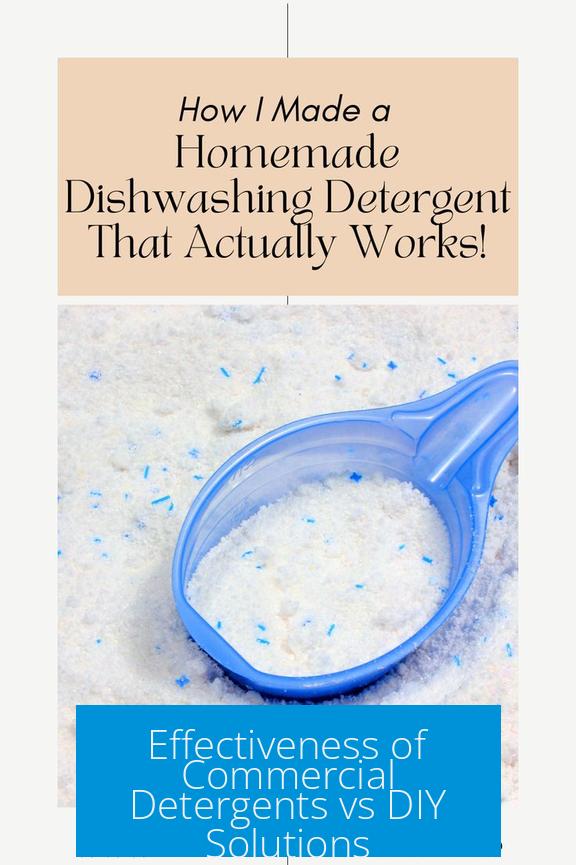
Why Commercial Detergents Excel
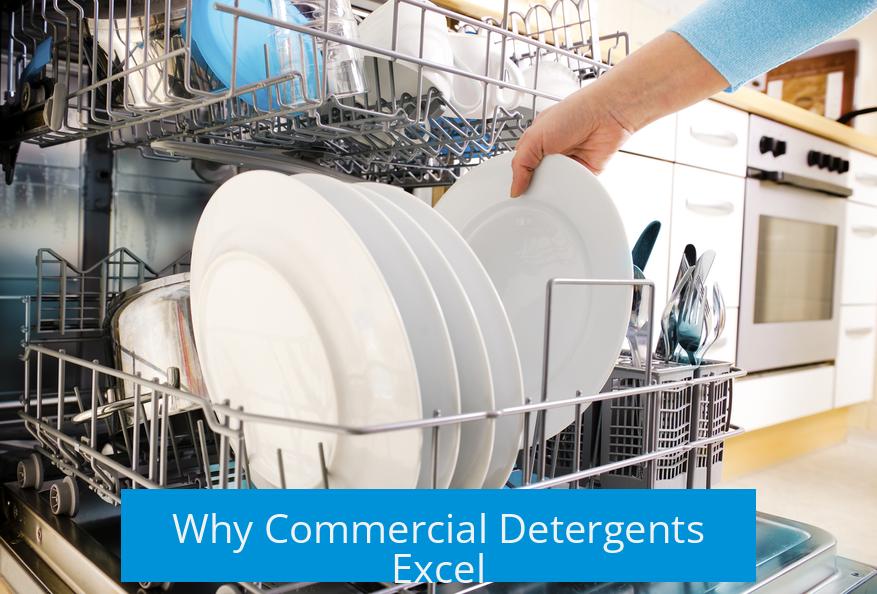
Commercial dishwashing detergents dominate because they are cheaply produced and highly effective. These products have undergone extensive chemical research. Companies employ chemists who tailor mixtures of enzymes and surfactants to target food residues efficiently.
Detergents contain multiple active chemicals, each with a dedicated role. For example, enzymes break down proteins, and surfactants lift grease. This balance is difficult to replicate in homemade blends. Users confirm commercial detergents “work really freaking well” and question why people invest effort in DIY versions that often underperform.
Shortcomings of DIY Dishwashing Mixtures
DIY dishwashing powders often suffer from lack of true cleaning agents. Typical homemade mixtures recycle common ingredients such as washing soda, baking soda, citric acid, or salt. These act as “enhancers,” not full detergents. Without a strong detergent base, cleaning falters.
Reddit chemists note that homemade concoctions sometimes create unwanted fuzz or residue, which further inhibits cleaning by neutralizing active ingredients. Some say water alone can outperform poorly formulated DIY mixtures.
Composition and Functionality of Dishwashing Detergents
Key Components in Commercial Detergents
Commercial powders contain diverse chemicals that replicate natural digestive enzymes, enhancing stain removal and grease breakdown. Enzymes degrade starch, protein, and fat residues just as the human body digests food. Surfactants emulsify oils and help mechanical removal of dirt from surfaces.
Other ingredients include bleach agents for whitening, polymers to prevent redepositing grime, and corrosion inhibitors to protect dishware and machines. The multifunctional chemical mix produces superior cleaning and rinsing.
Common DIY Ingredients and Their Roles
| Ingredient | Chemical Role | Effectiveness |
|---|---|---|
| Washing Soda (Sodium Carbonate) | Alkaline builder; softens water; partial grease removal | Moderately effective, used in commercial powders |
| Baking Soda (Sodium Bicarbonate) | Mild abrasive; deodorizer | Limited cleaning; mainly for odor control |
| Citric Acid (Lemishine, Kool Aid Packets) | Water softener; helps remove mineral deposits | Useful as rinse aid; enhances shine |
| Salt | Water softener | Improves rinse quality |
| Borax | Alkaline pH booster; may aid stain removal | Some effect; not a detergent |
| Oxi-Clean (Sodium Percarbonate) | Bleaching agent | Removes stains and brightens |
| Vinegar | Acid rinse aid, descaling | Helps with spots and mineral buildup |
DIY mixtures rely on these materials’ secondary cleaning roles. None, however, fully replace the enzymatic or surfactant actions essential to effective soil removal.
Washing Soda: A Useful Partial Substitute
Washing soda is the principal alkaline agent in many commercial dishwashing powders. It softens water and breaks down grease by saponifying fats. Using it alone produces moderate cleaning power but lacks surfactants or enzymes required for full effectiveness. Still, it’s a cost-effective ingredient in DIY recipes.
Practical DIY Recommendations and Observations
Start with a Detergent Base
Chemists emphasize the importance of including an actual detergent in any DIY cleaning blend. Without detergent molecules to emulsify oils and suspend dirt, cleaning fails. Recommended detergent bases include:
- Sal’s Suds – A biodegradable liquid detergent designed for cleaning applications with good effectiveness.
- Dawn Dish Soap – Common household detergent effective for cutting grease but less eco-friendly.
Combining these with enhancers like washing soda, citric acid (Lemishine), kosher salt, and oxygen bleach (Oxi-clean) produces a DIY formula that some users find competitive with commercial powders like Cascade.
One suggested recipe involves a small amount of Sal’s Suds boosted with washing soda, citric acid for mineral removal, salt to soften water, and Oxi-clean for bleaching action.
Recognizing DIY Limitations
- DIY mixtures often necessitate pre-washing dishes to achieve acceptable cleanliness.
- Users note that pure homemade blends without detergent base “never feel clean” or leave residues.
- Enhancer ingredients must complement rather than replace detergent action.
- Some homemade mixtures cause “fuzz,” indicating chemical imbalances that reduce cleaning power.
Overall, the consensus is that a strong detergent is essential, and enhancers can improve but not replace it.
Cleaning Beyond Dishwashing
Specialty household cleaning agents serve separate needs:
- Barkeeper’s Friend: Contains oxalic acid; suitable for scrubbing tough stains like grill grates.
- PBW (Powdered Brewery Wash): Used for brewery equipment; strong alkaline cleaner for hard-to-clean items.
- Murphy’s Oil Soap: Effective for cleaning paint brushes and wood surfaces.
These products serve niche cleaning purposes and don’t replace dishwashing detergents’ role.
General Advice and Attitudes Toward DIY Detergent Formulas
Skepticism Around DIY Dishwashing Efficiency
Many Reddit chemists question the motive behind DIY dishwashing recipes. If avoiding allergens, environmental toxins, or cost is not paramount, buying commercial detergent is the practical choice. Homemade mixtures rarely outperform store-bought products.
Some argue washing dishes by hand with soap is better than attempting to run a dishwasher without proper detergent. Chemical expertise underlying commercial detergents surpasses simple home formulations, making them more reliable.
Convenience and Cost Considerations
Commercial pods or powders cost roughly $20 per month and guarantee consistent results. While DIY formulas might save money theoretically, formulating correctly is complex. Small mistakes can reduce effectiveness or cause issues like residue.
Reddit contributors humorously note the simplicity of going to the store and buying detergent compared to the complicated and often disappointing DIY mixing process.
Warnings on Misusing Products
Some DIY attempts fail due to incorrect product use, such as placing liquid dish soap intended for hand washing into a dishwasher, leading to excessive foam or machine damage. Users advised caution and understanding of chemical compatibility.
Summary: Key Takeaways on DIY Dishwashing Combos
- Commercial detergents contain complex blends of enzymes, surfactants, bleaches, and additives tailored for efficient cleaning.
- DIY mixtures often rely on common household chemicals (washing soda, citric acid, salt) that act as enhancers, not detergents.
- Successful DIY cleaners start with a detergent base like Sal’s Suds or Dawn and add enhancers to boost performance.
- Purely homemade formulas without detergent bases frequently leave dishes inadequately cleaned and may require pre-washing.
- Specialty cleaners serve specific household needs but don’t replace dishwashing detergent function.
- Given cost, convenience, and cleaning efficiency, commercial detergents remain preferable for most users.


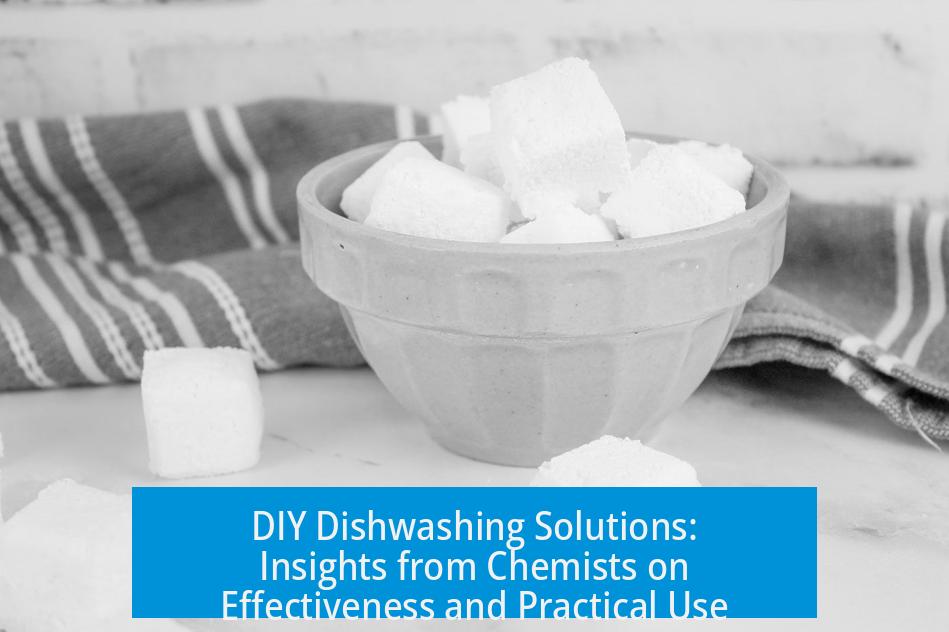
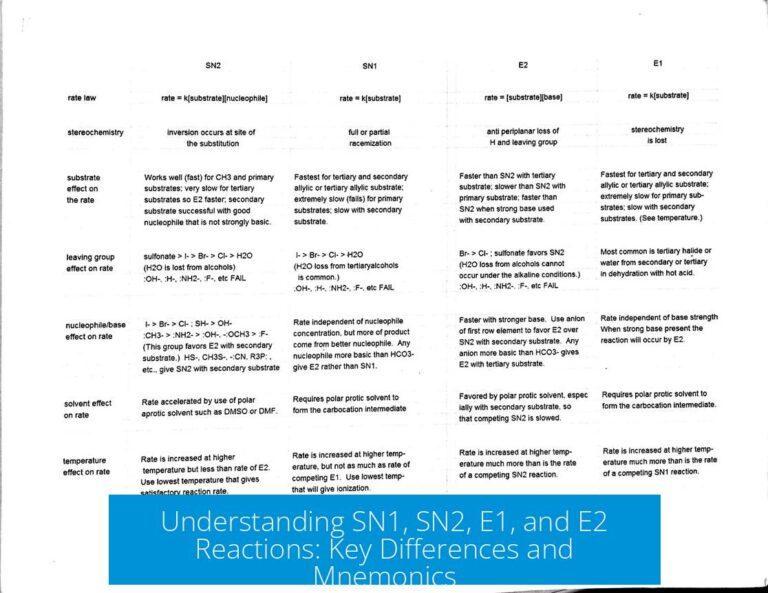
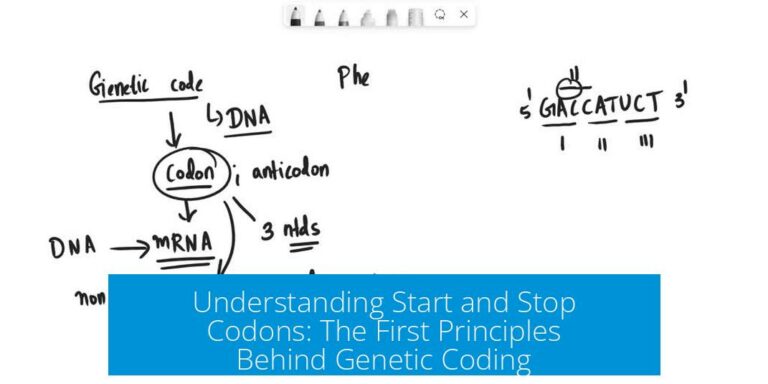
Leave a Comment